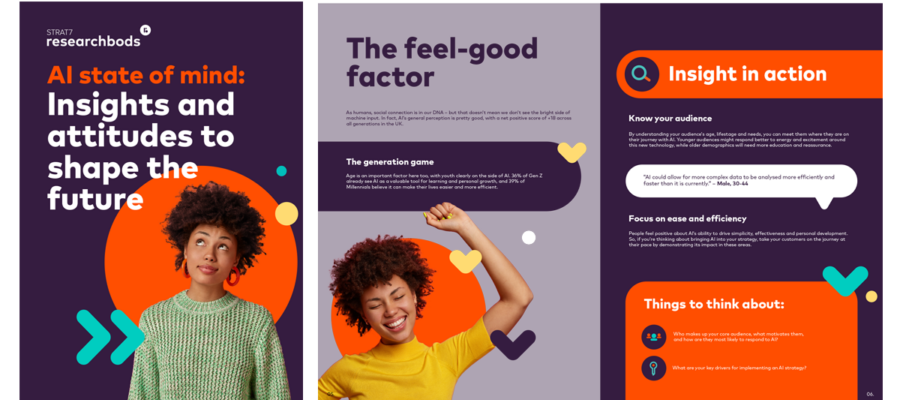How do we innovate and develop new solutions in this climate?
We use 5 strategies to strike the balance:
1. A collaborative approach.
We work closely with Legal, Infosec, Innovation and Client Servicing teams to ensure that our AI systems meet regulatory requirements, adhere to our AI principles, and deliver value to our customers.
2. Continuous monitoring.
We have robust monitoring and auditing mechanisms to track the performance of our AI systems and ensure compliance with regulations and internal guidelines.
3. Transparency and communication.
We strive to keep our customers informed about how data is being used and the benefits they can expect from our AI systems. Transparency builds trust and ensures that our customers are comfortable with our AI initiatives.
4. Innovation with responsibility.
Fostering innovation while ensuring that ethical considerations are not compromised. This involves developing a culture of responsibility and accountability within our technology teams.
5. Ethical AI framework.
Developing and maintaining an ethical AI framework that incorporates regulatory requirements, internal principles, and customer-centric practices, and guides our development and deployment.


